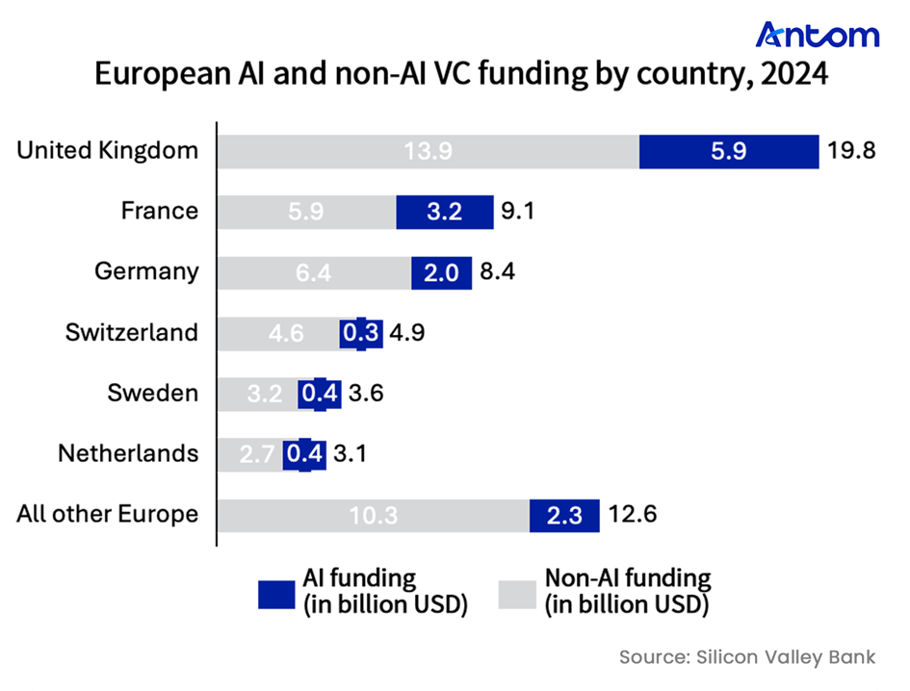Whether you're running a growing online brand, managing a global marketplace, or leading a retail network expanding into new regions, one thing remains constant: getting paid securely and efficiently matters.
A merchant service provider (MSP) is the unseen force that connects your checkout flow to the broader financial world. MSPs help businesses accept payments across cards, digital wallets, and local methods—online or in-person. More than just processing transactions, they handle compliance, security, and regional preferences so you don't have to.
If you're navigating payment strategies across Asia, Europe, or North America, understanding the role of an MSP—and choosing the right one—can shape how customers experience your brand.
Let's break down what a merchant service provider is, what it does, and how to evaluate your options.
What does a merchant service provider do?
At a basic level, a merchant service provider enables businesses to accept payments from customers, whether online, offline, or both. But beneath that simplicity is a complex set of tools designed to support regional payment preferences, secure sensitive data, and ensure funds land where they should.
Here's what most MSPs handle:
- Processing debit and credit card payments
- Supporting global digital wallets like Apple Pay, Google Pay, Alipay, and GrabPay
- Enabling local payment methods such as UPI (India), iDEAL (Netherlands), or PromptPay (Thailand)
- Acting as the intermediary between your business, the payment processor, and the customer's financial institution
This infrastructure allows businesses to reach customers with familiar, trusted ways to pay—while maintaining speed and reliability.
Key services offered by merchant service providers
- Payment processing - The core function: authorising, capturing, and settling payments across card networks, wallets, and bank transfers. Advanced MSPs route transactions to maximise acceptance and minimise fees.
- Payment gateway integration - MSPs often bundle or integrate with secure payment gateways—software that captures payment data and connects to banks or processors. These tools are crucial for online checkouts and subscription models.
- Point-of-sale (POS) systems - For brick-and-mortar locations, MSPs may provide hardware or software to support in-store transactions, enabling businesses to unify payments across digital and physical environments.
- Fraud prevention & compliance - MSPs help protect against fraud with tools like tokenisation, encryption, and real-time risk scoring. Compliance with standards like PCI DSS comes built-in.
- Support for local payment methods - Businesses expanding internationally need to support regional norms. Whether that's QR-based wallets in Southeast Asia or SEPA transfers in Europe, MSPs provide access to preferred payment methods in each market.
- Unified reporting & reconciliation tools - Modern MSPs offer consolidated dashboards that provide real-time data on payments, settlements, and chargebacks—especially helpful when operating across multiple geographies.
When do you need a merchant service provider?
Most businesses hit a point where DIY solutions or fragmented providers create too much friction. That's when an MSP steps in to solve for scale, security, and reach.
Here's why businesses choose MSPs:
- To simplify expansion: Whether you're entering a new country or launching a new product line, an MSP helps you accept payments in local currencies using preferred local methods.
- To reduce complexity: Managing multiple payment providers, compliance requirements, and currency settlements drains time. An MSP offers a single point of integration.
- To deliver a unified experience: Customers want flexibility—start a purchase online, finish in-store, and use the same wallet or card. MSPs make that possible.
- To protect revenue: Failed payments cost sales. MSPs use smart routing and local acquiring to boost success rates.
- To stay secure and compliant: Handling payments directly means taking on security and regulatory risk. MSPs carry that burden for you.
Common triggers for switching or choosing an MSP
Many businesses evaluate new MSPs in response to specific changes. Here are some examples:
| Trigger event |
What it signals |
What to look for |
| Launching in a new region |
You need support for local currencies and methods |
MSP with strong local acquiring and LPM coverage |
| Rising payment failures |
Your provider isn't optimising routing |
MSP with dynamic routing and high acceptance rates |
| Compliance audit or incident |
Security or data gaps |
MSP that meets PCI DSS and supports local regulations |
| M&A or system consolidation |
Too many vendors or dashboards |
MSP offering multi-market support in one integration |
| Subscription or digital product launch |
Need recurring or tokenised payments |
MSP with Auto Debit and stored credential support |
How to choose the right merchant service provider
Selecting an MSP is both a strategic and operational decision. The right provider supports your growth ambitions without complicating your infrastructure.
Consider these factors:
- Payment method coverage Ensure the MSP supports the methods your customers prefer—whether that's cards, wallets, or regional systems. Look for breadth in markets where you're growing.
- Global reach with local expertise Not all "global" solutions are equal. Prioritise MSPs that have local licenses, acquire locally, and understand regional compliance and payment culture.
- Omnichannel capabilities Your customers don't think in channels—neither should your payment provider. Choose one that supports both online and offline transactions in a unified way.
- Security and compliance From tokenisation to 3-D Secure and PCI compliance, your provider should have security built-in—not bolted on.
- Ease of integration Whether you're using Shopify, Magento, or a custom platform, integration should be straightforward with APIs, SDKs, and documentation that are developer-friendly.
- Transparent pricing Avoid surprises. Understand what you're paying for—from processing fees to currency conversion.
- Support and service levels Payment outages are not acceptable. Look for an MSP with high uptime guarantees and 24/7 regional support.
Evaluating operational fit
Beyond core capabilities, consider the internal impact of your MSP:
- Can your finance team reconcile payments across all channels from a single dashboard?
- Can your engineering team deploy updates without weeks of development time?
- Can your support team view and resolve payment disputes quickly?
These are the hidden friction points that determine whether your MSP relationship is an asset—or an ongoing challenge.
Bottom line
Merchant service providers do more than process payments. They act as infrastructure, compliance partner, and growth enabler. The right MSP helps your business serve more customers, more reliably, in more places—without additional complexity.





